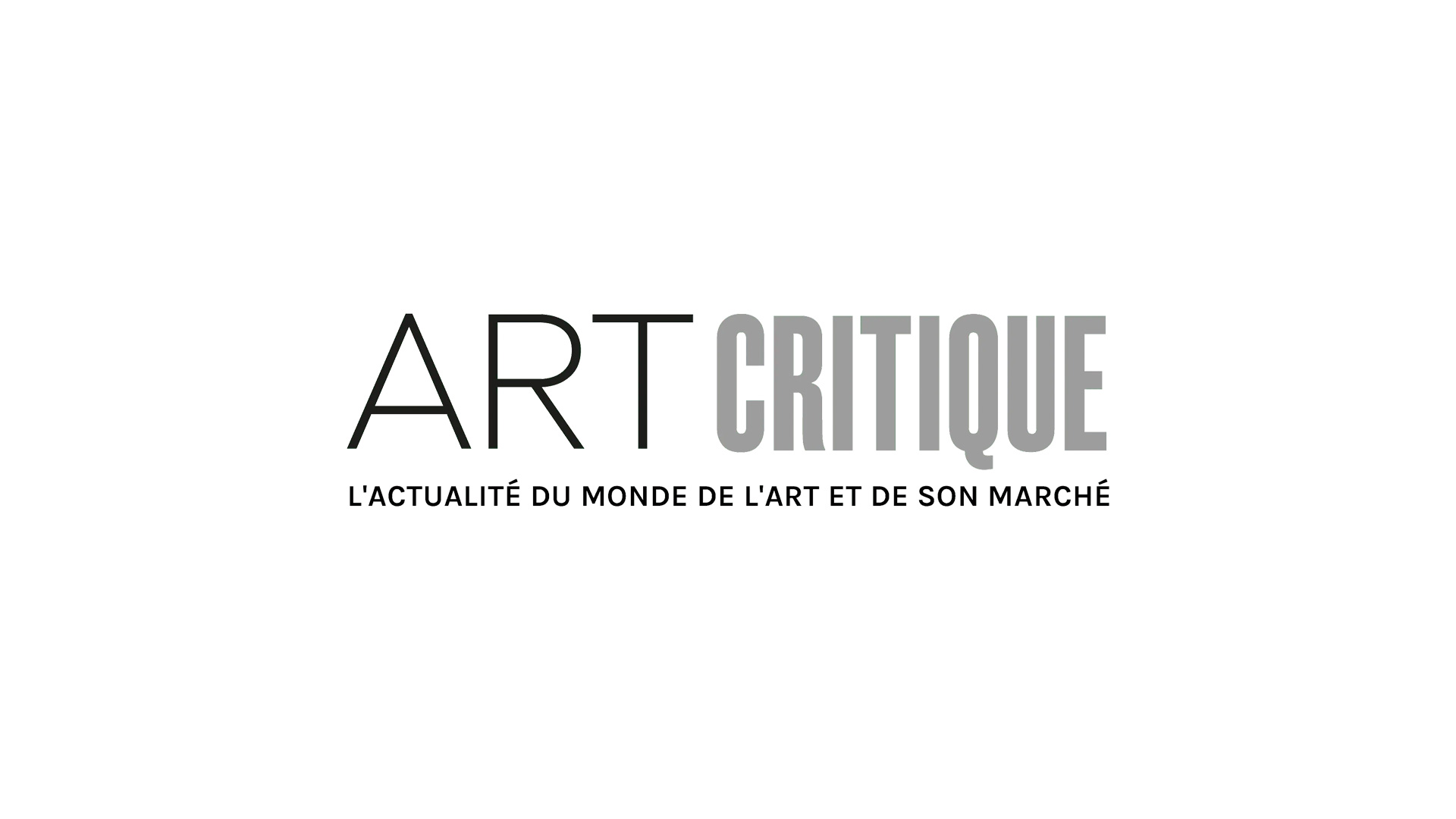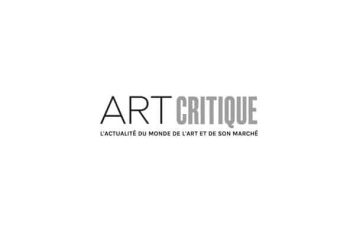In 2015, Chinese artist Ai Weiwei, who is now based in Berlin, worked remotely directing a portion of Berlin, I Love You, an anthology style film. When the movie was released in the US recently, though, there was something missing: every bit of Ai’s segment.
When Ai began working on his contribution to the Cities of Love franchise, he was under house arrest and had been for about four years because he is an outspoken critic of the Chinese government. During his time under house arrest, Ai was unable to leave the country because his passport was confiscated. To remedy this, he worked with both documentary filmmaker, and Ai’s girlfriend, Wang Fen to create the screenplay and his then six-year-old Ai Loa, who acted in Ai’s segment. Fen and Ai’s son were living in Berlin and since he was unable to join them there, he worked via Skype to complete his project and offer his part to the movie.
In an Instagram post from February 15th, Ai disclosed that his work was excluded from the movie stating:
‘I learned today that the film has been released in the United States and that our contribution has been removed. It was infuriating to find our involvement had been erased, especially since we had not received any prior notice from the production team.’
Ai was the first director to sign onto this installation of Cities of Love, which started with Paris, je t’aime in 2006. Since the first movie, the franchise has produced New York, I Love You (2008), Tbilisi, I Love You (2014), and Rio, Eu Te Amo (2014). The film series is the creation of Emmanuel Benbihy, a French film producer, who wanted to highlight the universality of love despite place or circumstance. Ai’s involvement with the Berlin-based movie helped launch the movie ‘[e]ven though [Ai’s] involvement was used to promote the film,’ continued Ai.
In conversation with the New York Times, Ai said his contributions were ‘not politically sensitive at all.’ ‘It was frustrating to see Western creators and institutions collaborating with Chinese censorship in such obvious ways.’ Ai echoed this in his Instagram post as well but Benbihy told the New York Times that ‘The assignment that is given to each director is to tell an encounter of love taking place today in a specific neighborhood of a city (Berlin here) […] Ai Weiwei’s segment did not comply with that assignment at all, and our main concern is always to create the unity of the film.’
However, it seems likely that Ai’s notions of censorship have more of a role here than only artistic differences. The franchise has plans to produce a Cities of Love film based around Jerusalem, Venice, Delhi, Marseille, New Orleans, and, you guessed it, Shanghai. Claus Clausen, one of the film’s producers confirmed this saying that if Ai’s portion was included, the movie ‘would not have gotten distribution in China and some other territories. We got so much pressure.’ ‘We had to decide,’ Clausen told Deutsche Welle, ‘We wanted to [include Ai’s segment]. We were desperate to do it but we couldn’t.’ If Ai’s part was kept in the movie, it would have also hindered plans for the Shanghai version of the franchise, which is touted as ‘one of the first Chinese feature-films entirely shot and produced in the city of Shanghai.’
Edda Reiser, the film’s second producer, leaves us with a somewhat haunting conclusion to the saga stating ‘[w]e underestimated the power of China.’





